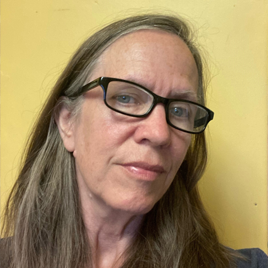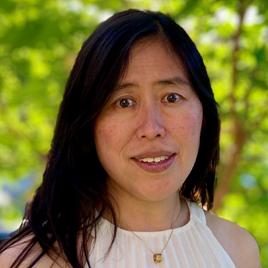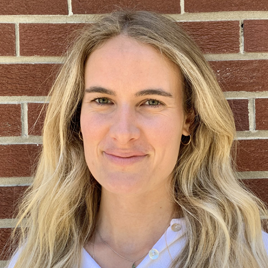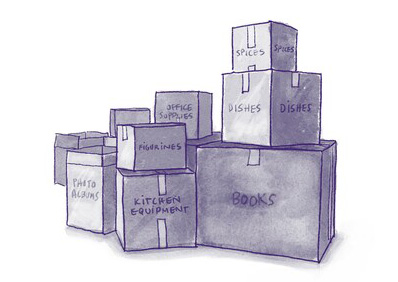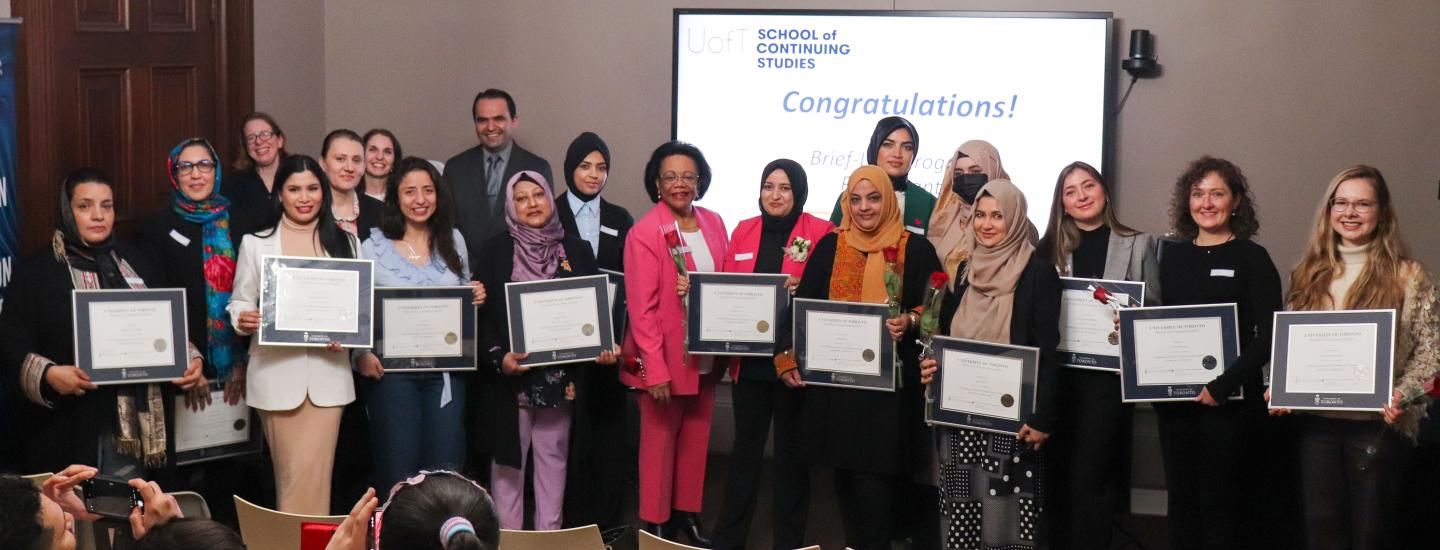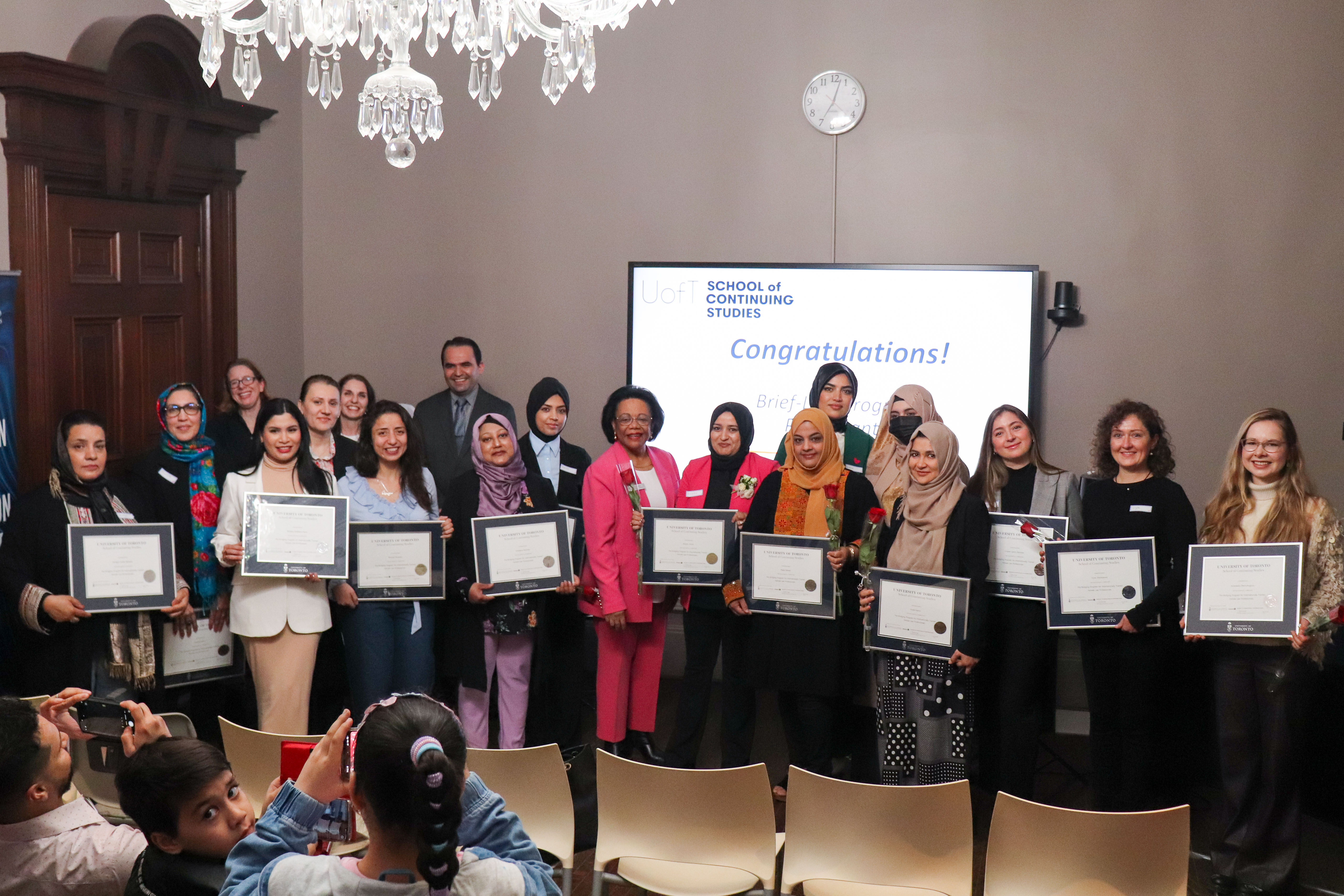
Introduction to AI for Discovery Using Self-Driving Labs instructor Sterling Baird shares a glimpse into the world of self-driving labs.
Materials have the potential to transform our lives and our world for the better. However, the current materials discovery process is slow and expensive- taking decades and hundreds of millions of dollars to achieve a successful result.
The University of Toronto’s Acceleration Consortium is using self-driving labs (SDLs) to make new materials cheaper and faster while remaining committed to ethical design principles.
Here are the top five things you need to know about how SDLs are changing the way materials are discovered:
1. SDLs invert the usual discovery process by starting with the desired outcome
Traditionally, when scientists are working with a new material, they start by trying to figure out what a material they have made can do.
With inverse design, they start with what they want the material to be able to do and then work to discover a material that accomplishes those objectives.
2. SDLs combine artificial intelligence, robotics, and advanced computing to rapidly design and test new materials
Once scientists tell the SDL’s artificial intelligence and computational modelling systems which properties they are looking for in a new material, the AI will use existing data to predict which new materials will fit those criteria. A robotic lab then uses these predictions to autonomously synthesize and test the candidate materials. This test data is then fed back into the AI so that it can learn from the results to generate a new, better materials. This will continue in a closed loop system until the new material is discovered.
3. By using SDLs, materials development time is shortened by an order of magnitude
Once they are set up, SDLs save scientists hours of tedious trial and experiments in the lab which reduces discovery time down from decades to years or even weeks! SDLs have already been used to discover new organic lasers and new drug formulations.
4. Many scientific fields can use SDLs for discovery. The chemical space is huge, almost too big for any one person to imagine. Scientists estimate there are billions of materials out there just waiting for us to discover and we have only scratched the surface. SDLs allow researchers to explore more options faster in fields like drugs and formulations, alloys, batteries, plastics, and wearable technology.
5. You can learn more about SDLs through the School of Continuing Studies
The School of Continuing Studies offers an Autonomous Systems for Discovery Certificate that will prepare you to use SDL tools and technology. The first asynchronous and remote course, Introduction to AI for Discovery Using Self-Driving Labs, is available for registration now.



